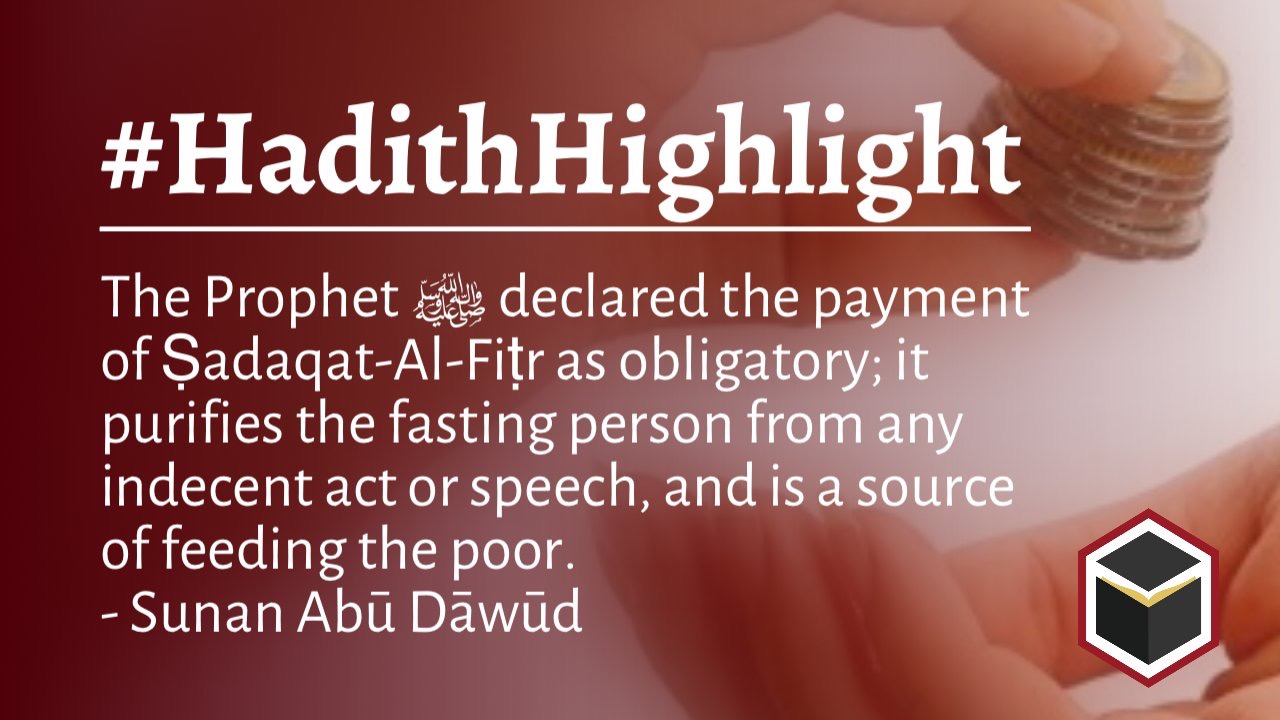Ṣadaqat-Al-Fiṭr is an obligation for every Muslim, male or female, who owns 613.35 grams of silver or its equivalent, either in the form of money, ornaments, stock-in-trade, or in the form of some goods or commodities beyond one’s normal needs. Every person who owns such an amount has to pay Ṣadaqat-Al-Fiṭr, not only on behalf of him or herself but also on behalf of his or her minor children. The prescribed amount of Ṣadaqat-Al-Fiṭr is 1.75 Kilograms of wheat or its value in money. This amount is prescribed for paying Ṣadaqat-Al-Fiṭr for one person only. If a person has some minor children, the same amount has to be paid on behalf of each one of them separately. The following points must be remembered concerning the payment of Ṣadaqat-Al-Fiṭr.
-
Ṣadaqat-Al-Fiṭr is obligated on each adult male or female separately, and the relevant adult person himself is responsible to pay it. The husband is not required to pay Ṣadaqat-Al-Fiṭr on behalf of his wife nor is the wife supposed to pay it on behalf of her husband. Similarly, a father is not bound to pay Ṣadaqat-Al-Fiṭr on behalf of his adult children or vice-versa. However, if the head of the family, by his own free will, wishes to pay Ṣadaqat-Al-Fiṭr for each one of the members of his family, he should seek their authorization for that purpose. In this case the Ṣadaqat-Al-Fiṭr paid by him will be valid on their behalf. If he did not pay the Ṣadaqat-Al-Fiṭr on behalf of any of the members of his family, he will not be responsible for it. Rather, it is the duty of every adult member of the family to discharge his own obligation or to request the head of the family to pay it on his or her behalf.
-
It is a Sunnah that the Ṣadaqat-Al-Fiṭr is paid before performing the ʿEīd prayer. It can also be paid before the ʿEīd day, but it is not advisable to delay it up to the performance of ʿEīd prayer. However, if a person has failed to pay on its proper time, he should pay it as soon as possible, whereby the obligation will stand discharged.
-
The Ṣadaqat-Al-Fiṭr is not necessary on behalf of a child who was born after the break of dawn on the ʿEīd day, nor is it necessary to pay Ṣadaqat-Al-Fiṭr on behalf of a person who dies before the dawn of the ʿEīd day.
-
Ṣadaqat-Al-Fiṭr should be paid only to a person who is entitled to receive Zakāh.

“The Messenger of God ﷺ instructed Ṣadaqat Al-Fiṭr charity upon the one fasting [in Ramaḍān] to compensate for any indecent act or speech [while fasting], and also because it serves to provide food for the poor. It is accepted on behalf of the person who discharges it anytime prior to the ʿEīd prayer.” – (Sunan Abū Dāwūd)
